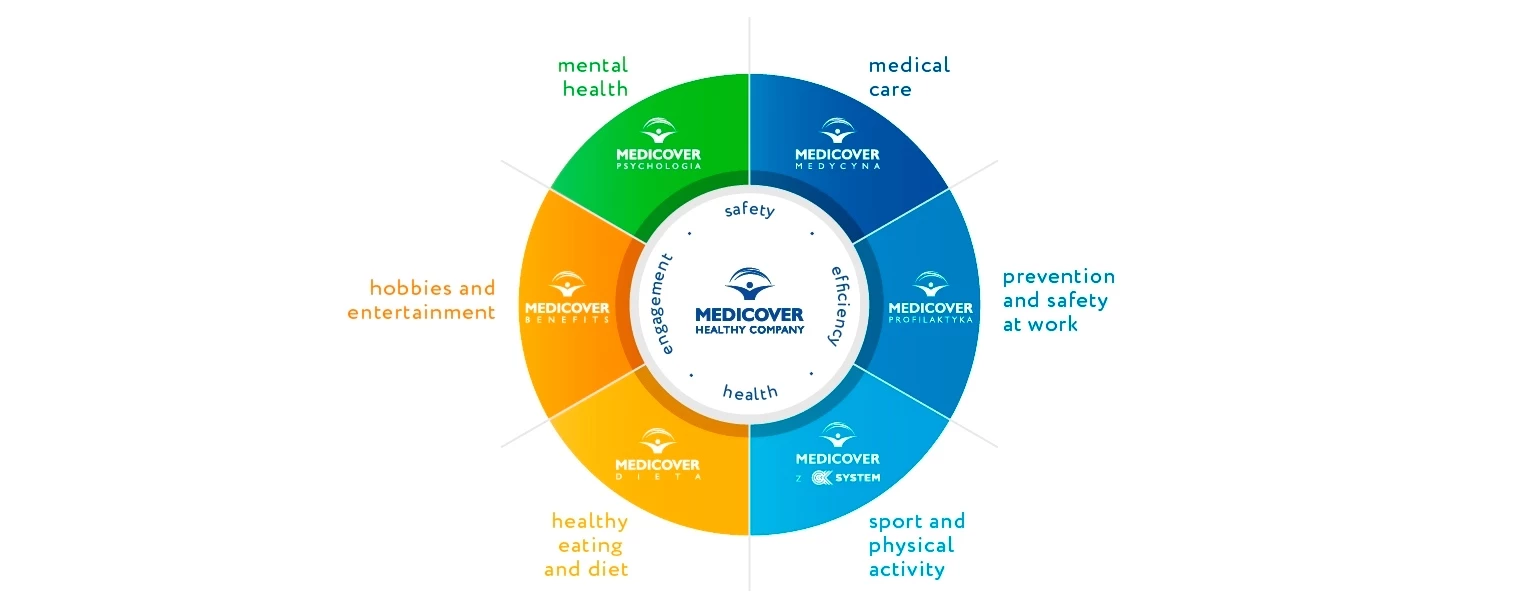
Comprehensive approach to employees’ health has always been high on the agenda for HR directors. Attractive non-financial benefits in this area contribute to the increase of involvement, retention and, above all, to the increase of employees’ safety. These tasks are strongly linked to the business objectives of company management: to ensure business continuity and efficiency of operations. In order to even better understand business needs and their relation to employees’ health care, ICAN Research has conducted interviews with HR directors in over a dozen companies from various industries on behalf of Medicover.* What are the conclusions of the "Healthy Company" study and how can they change due to the coronavirus pandemic? Now, based on our research and knowledge, let us describe how these needs have changed.
In reality that has been defined by the pandemic, the needs of HR departments have moved in new directions. Nowadays, the most important challenges of these teams are:
- A strong need to take care of employees' health in order to rebuild their commitment and effectiveness. The task is all the more difficult as it turns out to be necessary to adapt to completely new working and living conditions, and at the same time – the employees are overloaded with remote work, social isolation, and accompanied by fear for the future.
- The need to develop resilience and good mental condition of employees as well as a safe and hygienic work environment and processes in the organisation.
- Many companies are confronted with the difficult question: how to effectively carry out the transformation and adapt the organisation to the new situation in terms of its structures, the necessary competences, the leadership model, collective efficiency, and labour costs.
- Due to the economic situation, it is necessary to reduce personnel costs, including headcount, salary levels and scope of non-financial benefits.

